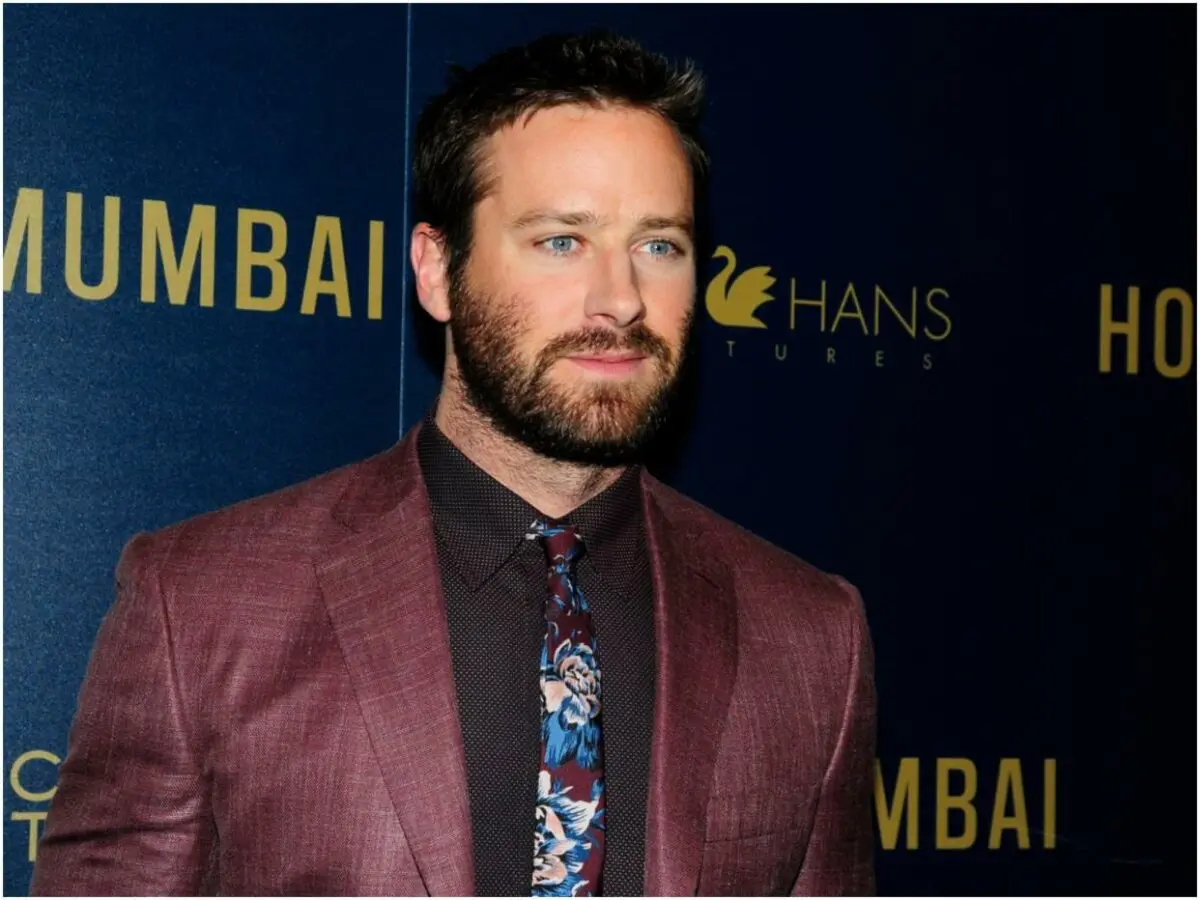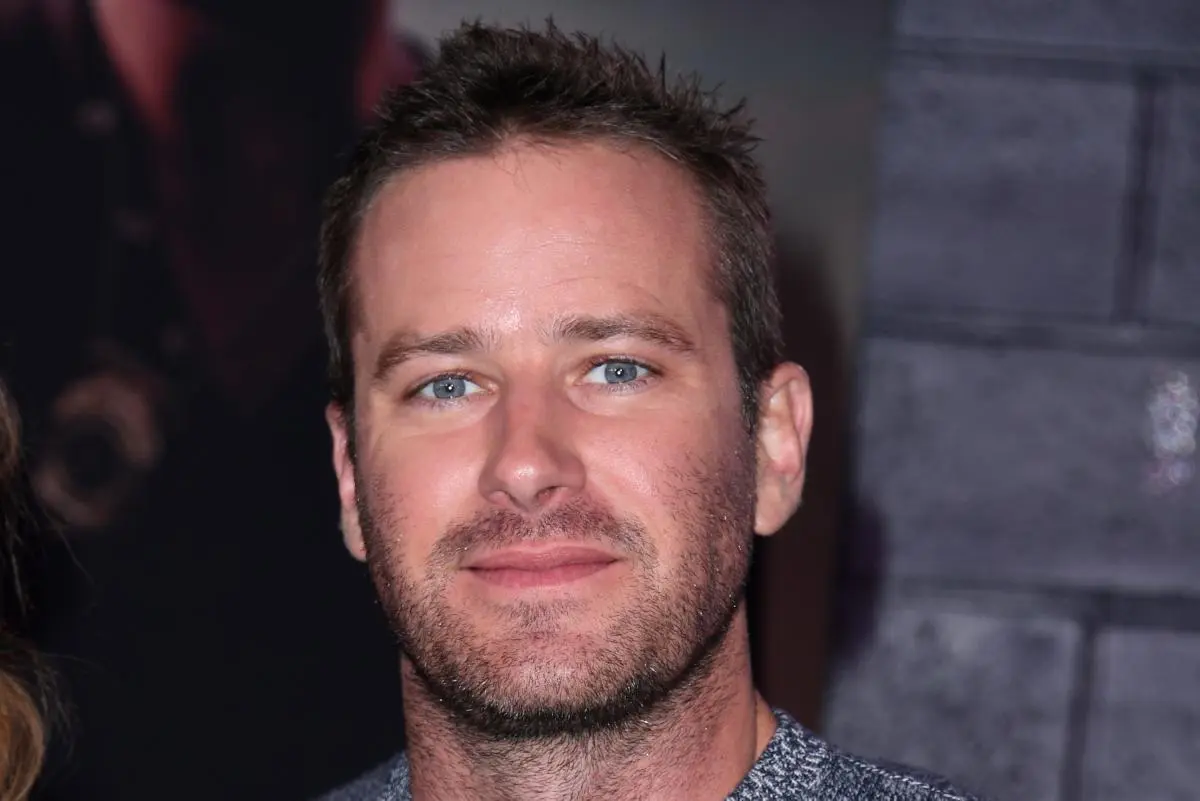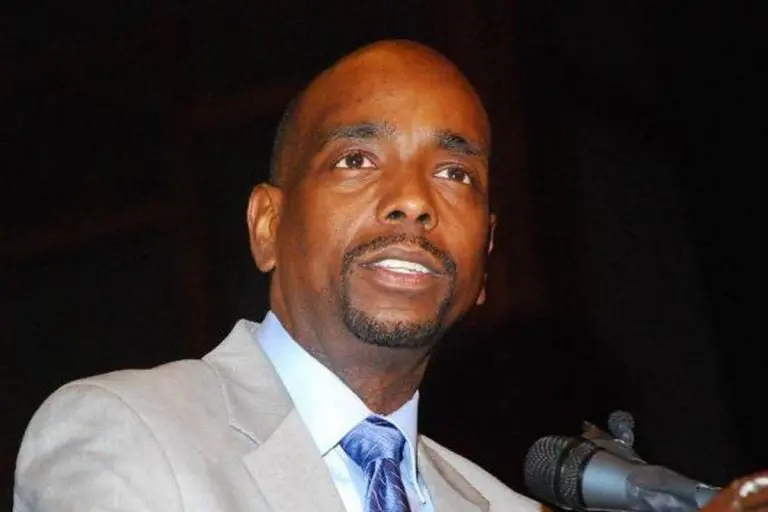The entertainment world often finds itself in a whirlwind of controversy, especially when it comes to directors and their past. One name that remains prominently in the spotlight is Woody Allen, whose works and personal life have sparked numerous debates over the years. Recently, Armie Hammer, an actor previously embroiled in scandal himself, made headlines for his philosophical take on possibly collaborating with Allen again. Amidst a culture heavily influenced by cancellation and public opinion, Hammer’s thoughts offer a fresh perspective on a charged situation.
The complexities surrounding cancel culture are not just black and white; they demand a nuanced approach. Hammer’s willingness to engage in dialogue rather than outright denial or acceptance illustrates his approach to the entangled webs of personal judgment versus public perception. His statements from a recent episode on “The Louis Theroux Podcast” challenge the very essence of how the industry and audiences react to accusations, setting the stage for a deeper understanding of responsibility and morality in the creative sphere.
Unpacking Cancel Culture and Its Impact on Artistic Collaboration
As artists, the crux of our work often lies in collaboration. In any creative endeavor, the ability to work with varied minds serves not only to enrich the final output but also to foster a community of voices. Yet, the rise of cancel culture raises pivotal questions. The idea of unilaterally canceling individuals, based on allegations or past mistakes, poses potential risks not just to those artists, but to the entirety of the artistic community.
Armie Hammer’s statement shed light on an important aspect of this discourse. He articulated that instead of automatically aligning with the side of cancellation, he would prefer to evaluate each situation firsthand. This outlook is more akin to understanding the narratives that front-stage individuals present. If Hammer’s journey through scandal has taught him anything, it is the value of personal judgment over societal pressure.
The Dangers of Black and White Thinking
Many succumb to an oversimplified narrative: heroes versus villains. This bifurcation fails to meet the intricacies of human behavior. Hammer’s desire to sit down and talk to Allen before making a decision indicates a crucial step towards dismantling that binary thinking. He shared, ‘If I say, ‘No, I would never work with Woody Allen,’ then all I’m doing is saying, ‘I believe in this system that cancels people.’’
This declaration encapsulates a significant theme; to not believe in the system of cancel culture means to dive deeper into someone’s context rather than simply assimilate to the masses. Such conversations could potentially illuminate the truth behind their choices, revealing the intricate storylines hidden beneath surface-level scrutiny.

The Case for Individual Assessments
Ripple effects from allegations can impact not just the alleged perpetrator, but everyone involved in their orbit. While some prominent figures like Woody Allen have faced scrutiny, it’s essential to scrutinize the implications of assuming guilt without the chance for individual assessment. Approaching harmful behavior from a counseling perspective opens room for potential healing.
Hammer puts forth an interesting analogy: having faced unjust allegations himself prompts him to want to dig deeper before passing judgment on another. He stated, ‘If I walked away from the conversation going, ‘I didn’t get a good vibe, maybe there is fire where there is smoke,’ then I wouldn’t do it.’ This reflection demonstrates a thoughtful approach grounded in both personal experience and accountability.
Engaging with creative professionals under scrutiny invites considerations of art, morality, and social duty all at once. Hammer’s contemplation on working with Allen illustrates that individual dialogues can better dissect the reality behind the allegations and societal pressures.
Understanding the Allegations Against Woody Allen
Woody Allen’s complicated history with accusations of sexual misconduct, revolving primarily around Dylan Farrow’s allegations, unfolds a troubling narrative that has arguably overshadowed entirely his oeuvre. Farrow’s allegations surfaced long ago; however, the topic resurfaced intensely, especially post-#MeToo, bringing forth a cycle of questions and discussions revolving around accountability.
Intriguingly, Allen’s situation juxtaposed with Hammer’s makes for a profound conversation. Both figures endured public scandal that inevitably shaped their careers. Hammer’s providing a perspective on potentially collaborating with Allen indicates significant maturity in approaching difficult topics without compromising moral values. Offering grace may not necessarily lead to absolve an individual of their actions; instead, it encourages dialogue.
The Role of Public Sentiment
Public sentiment influences perception significantly. The opinion that a filmmaker like Allen should be unravelled from society alters public discourse, yet flipping this dynamic invites complexity. Do we deprive ourselves of art by imposing a binary judgment? If numerous individuals rally around the idea that Allen should be stood down forever, where does that development lead society? The implications can stretch far, leading talented artists to feel unsafe or uninvited due to past grievances.
In light of this, Hammer’s perspective offers a counterpoint, advocating for nuanced conversations rather than strict condemnation. In a world striving for reform, one might question if the purpose might be better served through reconciliation and understanding of human experiences instead.

The Journey of Armie Hammer: From Scandal to Comeback
Hammer has also faced a turbulent ride through Hollywood due to allegations of violence and misconduct. Regaining a presence in such an unpredictable industry reflects resilience. As he aims to return to form, his thoughts on collaboration reveal a multifaceted voice that seeks to understand rather than alienate.
His recent statement about possibly working with Allen demonstrates a broader perspective towards the impacts of past allegations. Taking control of one’s narrative becomes invaluable. Now, having emerged from a dark place where public opinion dictated constraints of his personal and professional life, Hammer showcases how he intends to reshape the conversation around guilt, innocence, and professional relationships.
Returning to the Public Eye
After being blacklisted and facing numerous career setbacks since 2021, it appears Hammer is on a path to resurrection within Hollywood. Describing his latest projects, including “Frontier Crucible,” Hammer showcases how he has gradually integrated back into the industry where there was once an ocean of uncertainty. Such tenacity inspires, as Hammer strives to redefine his place in an atmosphere previously dictated by accusations.
Transitioning into a spot of clarity indicates not just Hammer’s career rebound, but also the implications for modern celebrities facing similar dilemmas. The evolution from accusations to artistic revitalization becomes emblematic of resilience—an encouraging narrative that resonates widely.

The Future of Collaboration in the Face of Cancel Culture
The dynamic landscape of creative industries today provokes profound discussions about the possibilities of collaboration amidst alleged behavior. As conversations improve and reflect societal transformations, the industry may breed additional dialogues that resonate. Knowing how to navigate these complex relationships is essential for artists.
Hammer’s journey reflects a possibility where the future of collaboration takes place not purely through the lens of reproach but rather openness. His perspective demonstrates a promising approach of cautious engagement and understanding, laying groundwork for artists to acknowledge their shared humanity beneath vulnerabilities.
Building Constructive Dialogue
For Hammer and many artists, resurfacing from the shadows creates space to understand the importance of constructive dialogue. As they seek avenues to express thoughts and sentiments, the need for empathy emerges as pivotal. Collaboration does not simply equate to artistic engagement—but represents the bonds that allow one to find common ground.
As public figures navigate through their vulnerable states, the essence of humanity should overshadow any fear of reprisal. Ultimately, Hammer’s openness to meet and converse with risky collaborators like Allen illustrates a willingness to delve deeper than mere headlines. It champions the idea that conversations can reshape narratives, allowing for healing, growth, and understanding.
Hi, I’m Sarah, a 30-year-old journalist with a passion for storytelling and uncovering the truth. I strive to bring important issues to light and connect with my audience through compelling narratives.



